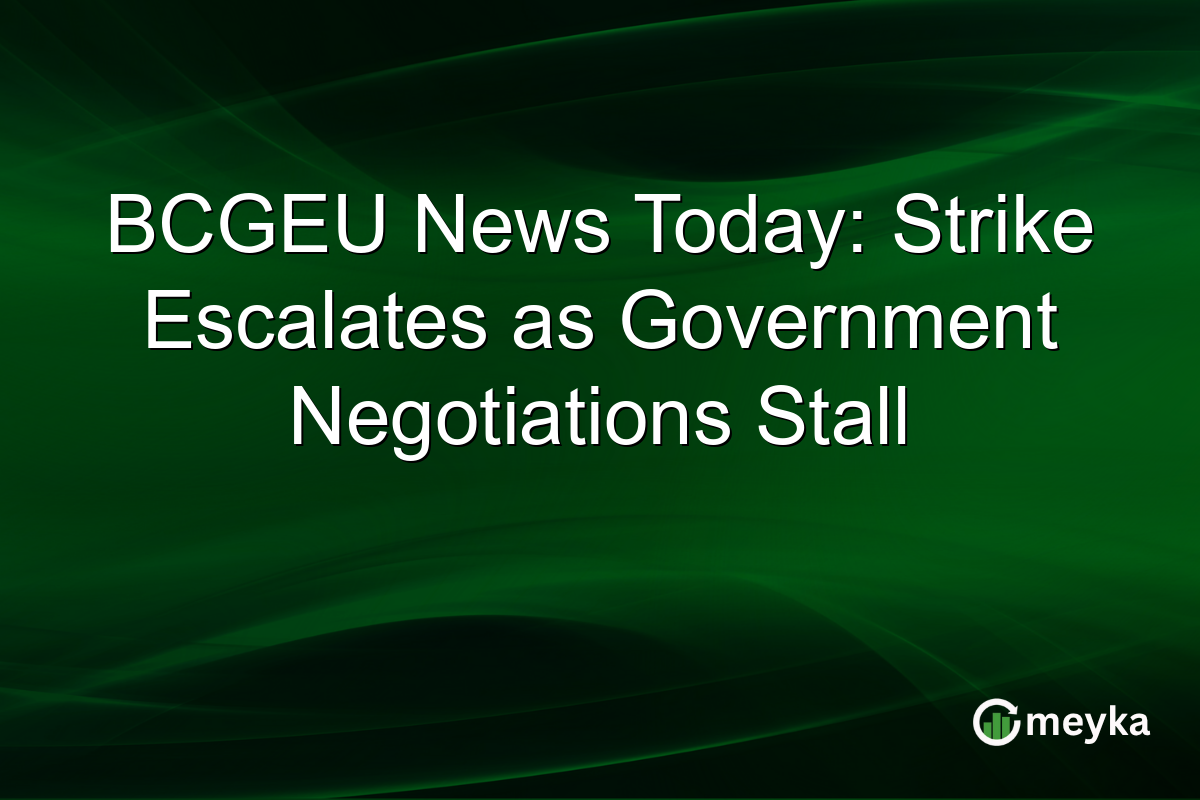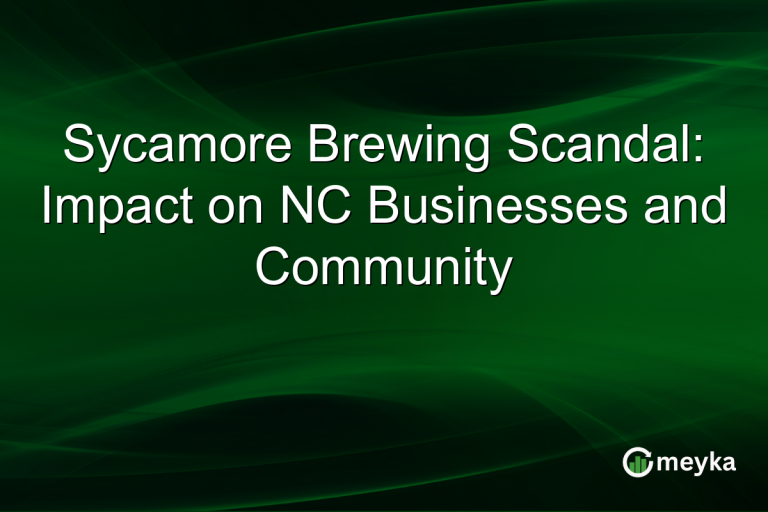BCGEU News Today: Strike Escalates as Government Negotiations Stall
The ongoing strike by the BC Government and Service Employees’ Union (BCGEU) has taken a sharp turn as negotiations with the British Columbia government hit a standstill. This development is making waves nationally, as public sector services face disruptions, shedding light on broader issues concerning labor rights in Canada. With implications for both union members and government operations, the ‘BCGEU strike update’ is a crucial topic for stakeholders and policymakers.
The Growing Tensions in BCGEU Strike
Negotiations between the BCGEU and the British Columbia government have stalled, escalating the strike that began weeks ago. The union, representing thousands of government workers, has voiced concerns over wage stagnation and work conditions. As talks hit a deadlock, strikers have ramped up their efforts, affecting more public services across the province (CBC News). This shows the heightening tensions and the complex nature of resolving public sector labor disputes during challenging economic times.
Impacts on Public Services and Daily Life
The strike’s intensification has significantly disrupted public services. Transportation, health care, and administrative operations have been among the hardest hit. British Columbia residents are feeling the effects as longer waiting times and limited access to essential services become common (Reuters). This broader impact underlines the critical role of government workers in daily life, amplifying calls for a swift resolution.
Labor Rights in Canada Under Scrutiny
This strike is not just a regional issue; it highlights broader concerns over labor rights in Canada. The standoff between the BCGEU and the government sheds light on ongoing debates about fair wages and labor conditions, themes echoed in other public sector disputes across the country. With labor rights under the microscope, this situation could set precedents for future negotiations and influence national labor policies.
Final Thoughts
The BCGEU strike’s escalation amid stalled negotiations with the British Columbia government underscores the intricate dynamics of labor relations. Public sector disruptions serve as a reminder of the essential role government workers play in society. As this situation unfolds, it calls for constructive dialogues and compromises to protect workers’ rights while ensuring public services’ continuity. Stakeholders must keenly observe these developments, as the outcome could have lasting implications on labor negotiations nationwide.
FAQs
The BCGEU strike is primarily driven by disputes over wage stagnation and work conditions. The union is demanding fair deals that align with the rising cost of living and better work conditions.
The strike has led to disruptions in various public services, including transportation, health care, and administrative functions. Residents face longer wait times and reduced service availability.
The strike could influence national labor policies and set precedents for future negotiations, emphasizing the importance of addressing wage and condition disparities in the public sector.
Disclaimer:
This is for information only, not financial advice. Always do your research.






